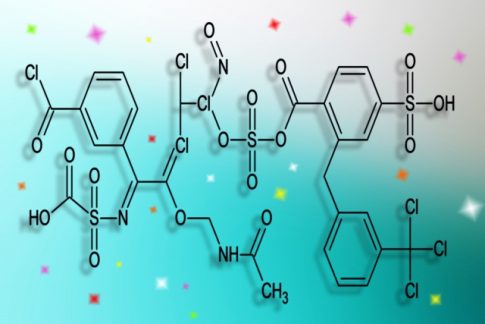Male pattern baldness (AGA) is a problem faced by many men, but there are a wide range of factors that affect its progression and severity.Obesity is one of the most important factors affecting AGA. This article details the relationship between AGA and weight management, explores how obesity affects AGA, and how proper weight management can help combat AGA.
1. Relationship between AGA and obesity
Many studies have shown a link between AGA and obesity. The main mechanisms by which obesity affects AGA are as follows
Hormonal imbalance
Obesity affects the hormonal balance in the body, particularly the levels of the male hormone testosterone and its metabolite dihydrotestosterone (DHT) DHT is considered the main causative agent of AGA, and its increase has a negative effect on hair follicles.
Insulin resistance: obesity causes insulin resistance, which promotes DHT production.
Increased estrogen: As obesity increases the number of fat cells in the body, estrogen production increases in men, causing a hormonal imbalance.
Increased inflammation
Obesity causes a systemic inflammatory condition, which is believed to influence the progression of AGA.Inflammation compromises the health of hair follicles and promotes hair loss.
Increased cytokines: Obesity increases inflammatory cytokines (e.g., TNF-α, IL-6), which can damage hair follicles.
Oxidative stress: Obesity increases oxidative stress, which damages hair root cells.
2. Positive impact of weight management on AGA
Proper weight management is critical not only in reducing the progression of AGA, but also in improving overall health. Below is a description of the positive impact weight management can have on AGA.
Improved hormonal balance
Proper weight control has the effect of normalizing hormonal balance.This may reduce DHT production and slow the progression of AGA.
Improved insulin sensitivity: With proper diet and exercise, insulin sensitivity improves and hormonal balance is improved.
Decrease in estrogen levels: The reduction of fat cells suppresses estrogen overproduction.
Reduction of Inflammation
Weight loss reduces systemic inflammation. This may preserve the health of hair follicles and slow the progression of hair loss.
Reduced cytokine levels: reduced levels of inflammatory cytokines and less damage to hair follicles.
Reduced oxidative stress: Weight management reduces oxidative stress and maintains healthy hair root cells.
3. Specific methods for weight management
Weight management should be accomplished through proper diet, exercise, and lifestyle modifications. Below are some specific weight management strategies to combat AGA.
Healthy Eating
A balanced diet is very important in weight management and AGA prevention.
High-protein foods: eggs, poultry, fish, soy products, etc., to maintain muscle mass.
Low-carbohydrate diet: Low intake of refined carbohydrates such as white rice and bread and high intake of whole grains and vegetables.
Antioxidant Foods: Consume antioxidant foods such as berries, green tea, and nuts to reduce oxidative stress.
Regular Exercise
Regular exercise is essential for managing weight and maintaining overall health.
Aerobic Exercise: A minimum of 150 minutes per week of aerobic exercise such as walking, jogging, or cycling is recommended.
Strength training: Increasing muscle mass increases basal metabolism and facilitates weight management.
Stress Management
Effective stress management is important because stress disrupts the hormonal balance and affects the progression of AGA.
Yoga and meditation: relaxes and helps reduce levels of stress hormones.
Adequate Sleep: Quality sleep is important for overall recovery and hormonal balance.
4. Summary
AGA is a complex problem caused by multiple factors, but it is clear that obesity affects its progression.Proper weight management not only reduces the progression of AGA, but also improves overall health. Maintaining a healthy weight through a balanced diet, regular exercise, and stress management can help combat AGA.











